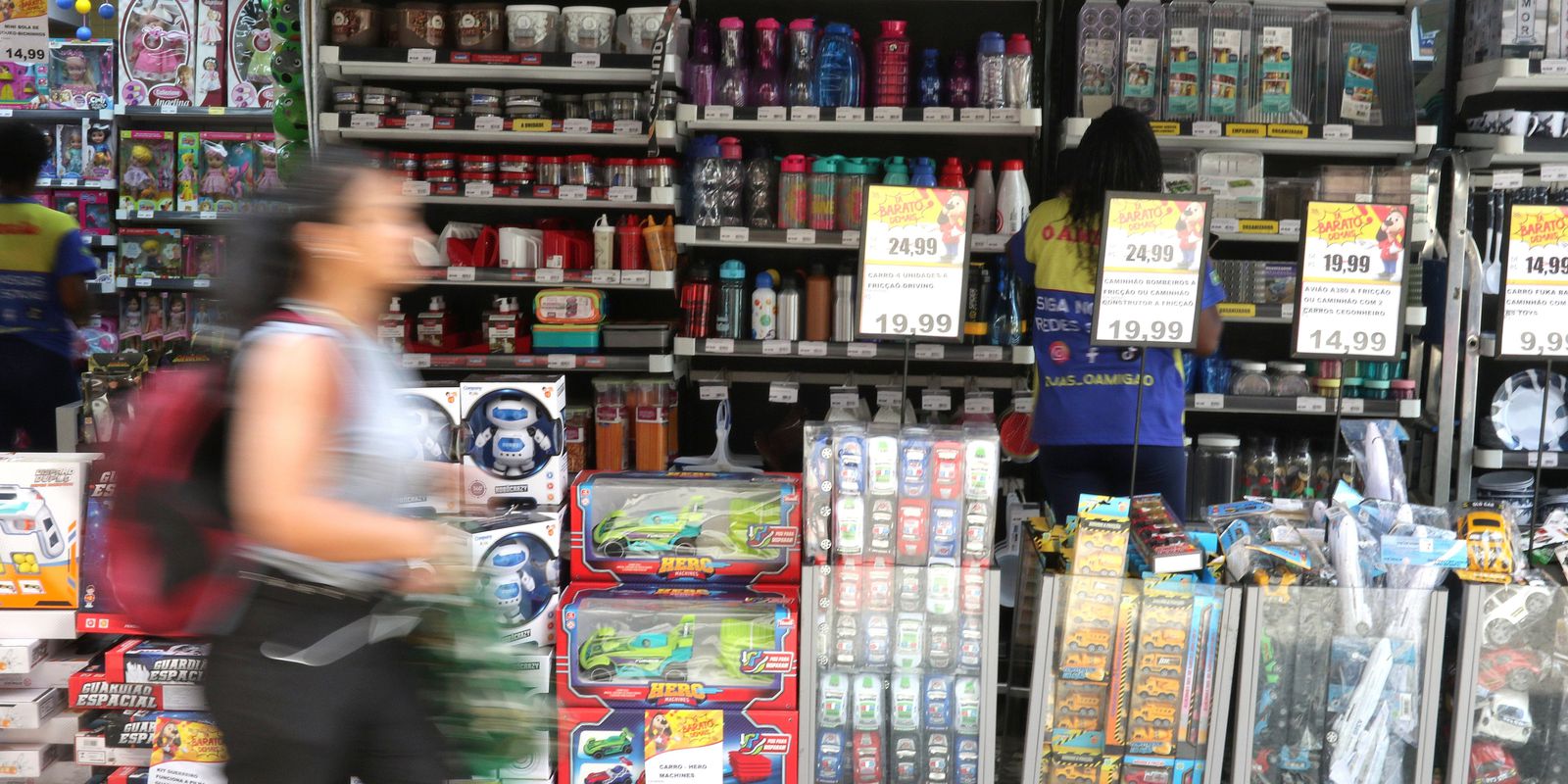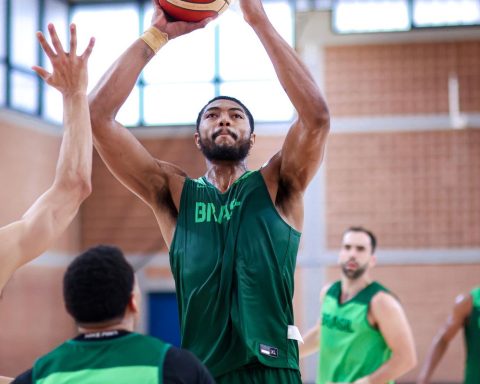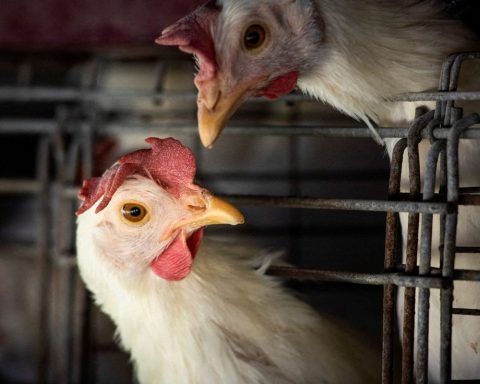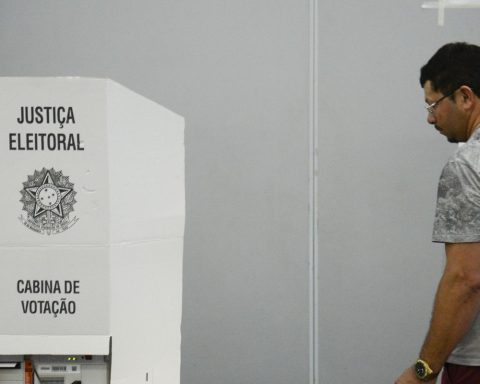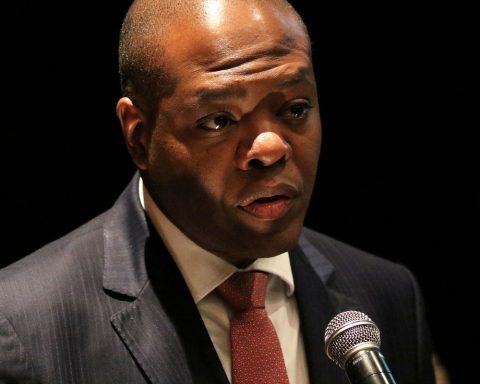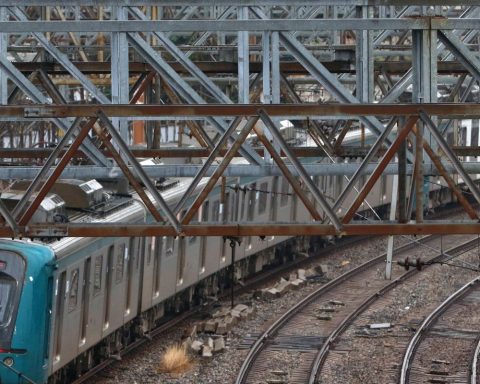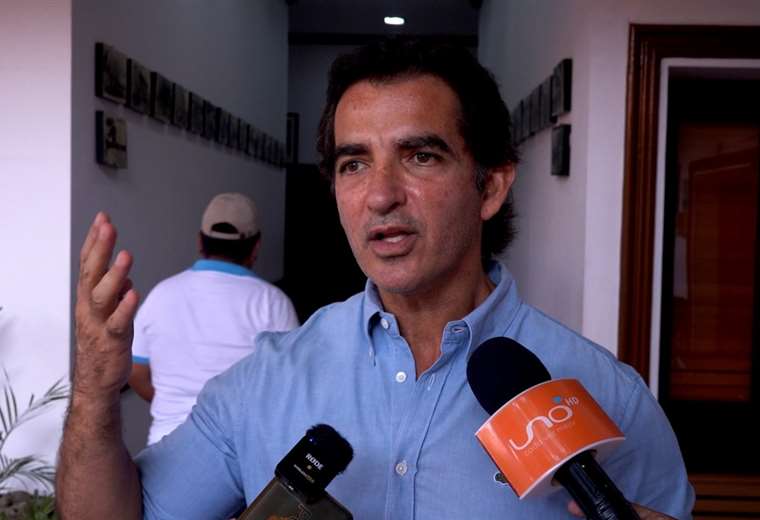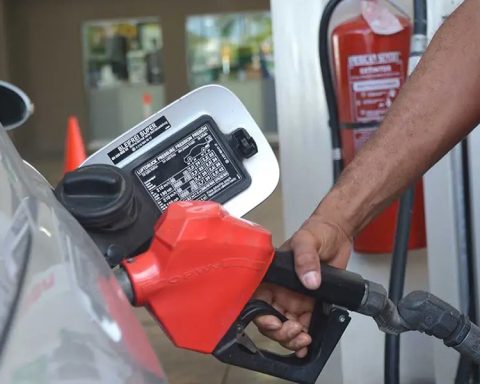The Business Entrepreneurs’ Confidence Index (Icec), released today (27) by the National Confederation of Commerce in Goods, Services and Tourism (CNC), dropped 2.6% from August to September, reaching 125.5 points. The result is 2.7 points below the level recorded before the covid-19 pandemic. Compared to September last year, however, retailers’ confidence increased by 5.2%, mainly reflecting the resumption of consumer circulation.
Economist Izis Ferreira, from CNC, said that the assessment of the current conditions of the trade entrepreneur, with a drop of 7.1%, contributed to the fall in trader confidence in September, influenced by the worsening in the perception of the sector’s performance, reduction of 8.1%.
According to the economist, the latest readings of the Monthly Trade Survey (PMC) by the Brazilian Institute of Geography and Statistics (IBGE) showed a drop in the volume of goods transacted, “and this has led to a worsening in the evaluation of traders in relation to the current performance of the commerce sector”.
She said that general expectations for the short term also had a slight drop in the monthly passage (-0.2%). Expectations for the sector, in September, fell 0.5%. For the company itself, expectations showed a reduction of 0.6%.
However, regarding the performance of the economy in the coming months, Icec points out that traders are a little more optimistic (0.4%). The creation of vacancies in the job market, the more contained inflation and the boost in income transfer programs contributed to this. “The expectation, then, is that economic activity in Brazil will grow this year more than expected,” said Izis.
Still in relation to expectations, the CNC economist noted that in comparison with the previous months of September, especially in years of general elections, the current level of expectations is higher. “This shows that even though we have risks and uncertainties associated with the moment we are living, they were not enough to lower expectations below the level of previous months”.
She points out that, in the last decade, only in September 2019 did the short-term prospects surpass the current level.
Stocks
“The merchant is achieving an improvement in the turnover of products on the shelves and this has been reflected in a greater intention to invest in inventories, even though the sales volume of the latest IBGE readings has pointed to a fall”, he said.
In the evaluation of Izis Ferreira, the trader is more cautious in relation to investments and intends to expand the volume of products on the shelves, already anticipating the seasonal movement expected for the second half of the year. The increase observed in the intention to invest in inventories was 1.2% in September, after 2 months of retraction.
Compared to September 2021, the intention to invest in inventories grew by 4.4%, with a decrease in the proportion of traders who consider inventories to be above adequate. In September 2022, 24.4% of retailers believed they had more merchandise than they should have, up from 25.1% 12 months ago.
Izis Ferreira reported that since June 2022, the intention to invest in retail inventories has been growing more among medium and large companies or those with more than 50 employees.
listen on National Radio Agency:
